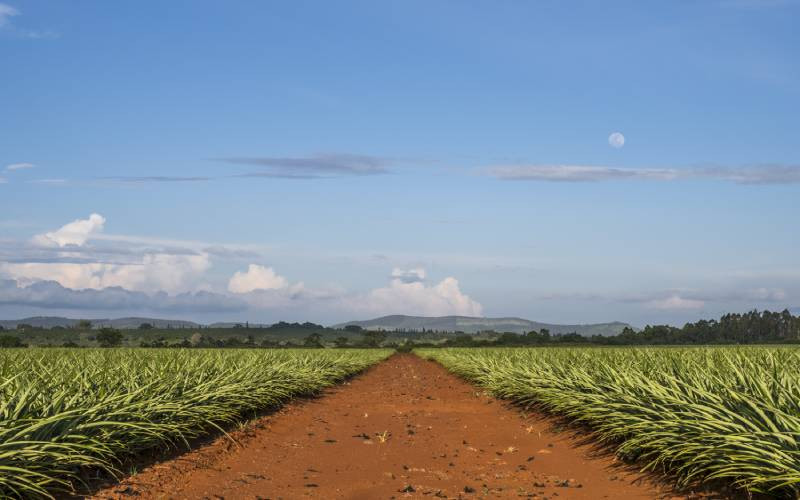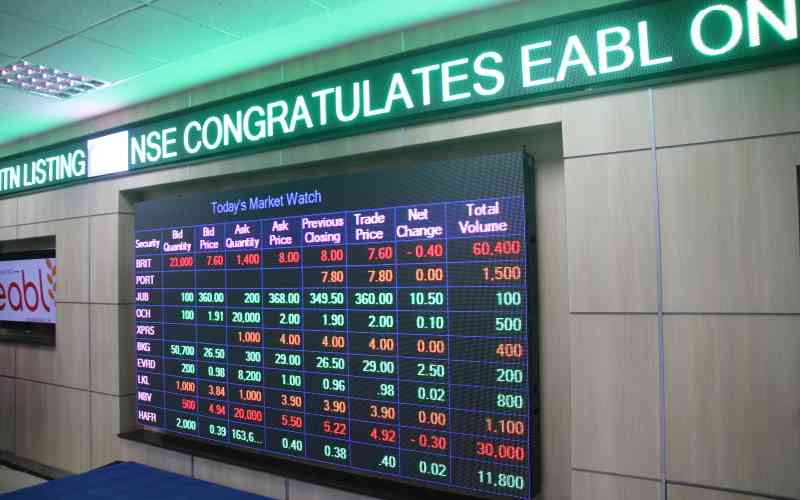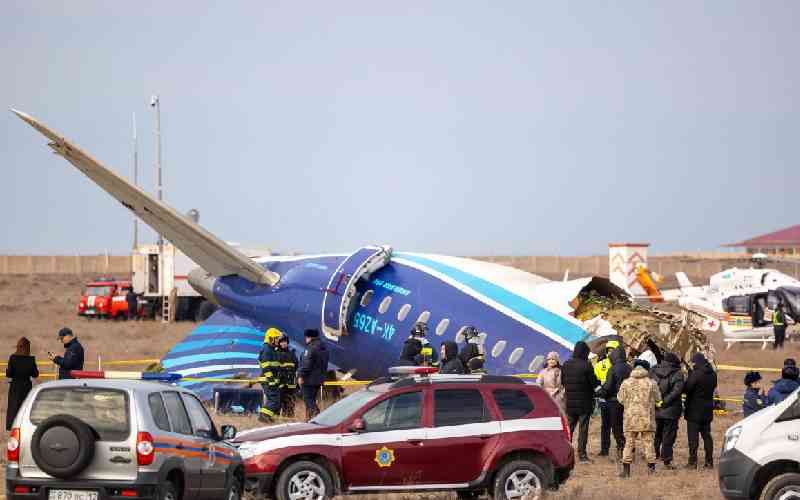
The annual Economic Survey 2024, which was made public by the government this week, confirmed that agriculture remains the backbone of Kenya’s economy — it was the highest contributor to the country’s GDP, employment, and foreign exchange earnings.
This is confirmation that, despite many challenges, the country is at the precipice of an agricultural revolution and eventual transformation with the massive potential to become the regional powerhouse in the sector.
Del Monte Kenya, as one of the key investors in the country’s agricultural sector, is pivotal to the country’s social economic development because of its role in the war against poverty through employment and wealth creation.
"At Del Monte Kenya, we are deeply proud to be part of the sector's remarkable growth and development. Agriculture is the backbone of Kenya's economy, supporting countless livelihoods and nurturing our communities. Our commitment goes beyond business; it is about sustaining families and fostering a brighter future for all," explains Wayne Cook, Del Monte Kenya’s Acting Deputy Managing Director.
The World Bank confirms the same sentiments — agricultural development is one of the most powerful tools and catalysts to end extreme poverty, boost shared prosperity, and improve food security.
“Our biggest economic activity right now is agriculture which stands at 21.8 in our GDP. When our GDP was -0.3, in 2020, basically all the other sectors went down, we were saved by agriculture, which grew by 5.2 per cent then,” said the Kenya National Bureau of Statistics (KNBS) Director-general Macdonald Obudho, when unveiling the Economic Survey 2024 on Monday this week.
To enhance the sector’s growth, the government, at both national and county levels, should deliberately boost investor confidence by enabling a socio-economic environment which safeguards investors in the agricultural sector because of its crucial role in Kenya’s growth in line with the Bottom-Up Economic Transformation Agenda and Vision 2030.
“To protect, encourage and safeguard agricultural investors guarantees a stable socio-economic base which fosters growth, encourages increased investments and minimizes dependency on volatile sectors,” notes Cook.
Del Monte Kenya’s recent diversification into the biofertilizer plant signifies its confidence in the country as an investment destination of choice. Guaranteed protection and safeguarding of such initiatives are key to attracting more international and local investments, not only into agriculture but also other sectors.
This is a stamp of confidence in the country that will potentially transform Kenya’s agricultural landscape, championing sustainable practices, and bolstering the local community through innovation, job creation, and investment.
To confirm its confidence in Kenya, and as one of the world’s largest producers of pineapples and related products, the company sees tremendous opportunities for growth and diversification as long as the government continues to offer the necessary incentives.
The company has remained resilient and steadily redefined the Kenyan agricultural landscape and ecosystem through research, cutting-edge innovation, and other technological advancements in its operations. Recently, the company moved a notch higher in its operations to address the challenge posed by climate change through the adoption of the circular economy model as part of its sustainability agenda.
“As the largest single exporter of Kenyan products, we are proud to contribute to the advancement of sustainable practices through initiatives like the biofertilizer plant,” said Cook.
As a leading investor and employer, and among the top taxpayers that has operated in Kenya for nearly sixty years, Del Monte Kenya’s commitment to Kenya’s future is not in doubt.
Stay informed. Subscribe to our newsletter
 The Standard Group Plc is a
multi-media organization with investments in media platforms spanning newspaper
print operations, television, radio broadcasting, digital and online services. The
Standard Group is recognized as a leading multi-media house in Kenya with a key
influence in matters of national and international interest.
The Standard Group Plc is a
multi-media organization with investments in media platforms spanning newspaper
print operations, television, radio broadcasting, digital and online services. The
Standard Group is recognized as a leading multi-media house in Kenya with a key
influence in matters of national and international interest.
 The Standard Group Plc is a
multi-media organization with investments in media platforms spanning newspaper
print operations, television, radio broadcasting, digital and online services. The
Standard Group is recognized as a leading multi-media house in Kenya with a key
influence in matters of national and international interest.
The Standard Group Plc is a
multi-media organization with investments in media platforms spanning newspaper
print operations, television, radio broadcasting, digital and online services. The
Standard Group is recognized as a leading multi-media house in Kenya with a key
influence in matters of national and international interest.








